Vietnam eyes technology transition for middle-income trap escape
_141043989.jpg)
Photo: techrum.vn
Statistics show that by the end of 2018, Vietnam's GDP reached over $250 billion and the country was recognised among the group of 45 economies with the largest GDP in the world. The country has a per capita GDP of approximately $2,600. Forgetting the desire for prosperity realization, overcoming the middle income trap has been a huge challenge for many developing economies including Vietnam.
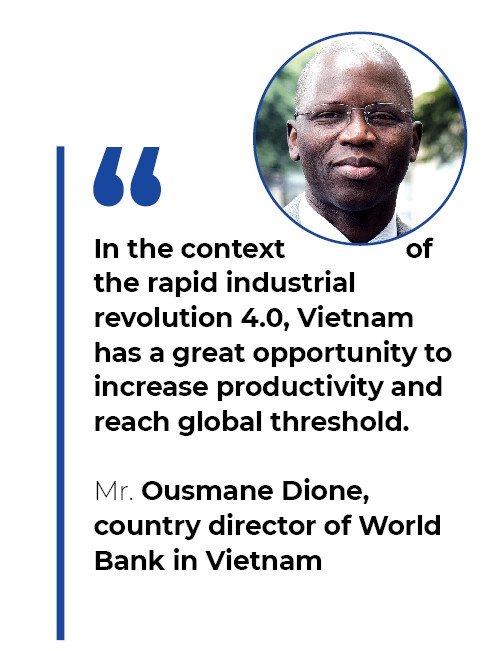 |
According to the Country Director for the World Bank in Vietnam Ousmane Dione, in the context of the rapid industrial revolution 4.0, Vietnam has a great opportunity to increase productivity and reach global threshold.
"Technological changes are taking place at an unprecedented speed; robots, automation, 3D printing are examples. These are very important for Vietnam," he said.
Professor Sungchul Chung of Korean University of Science and Technology explained that Vietnam has similar starting points with South Korea, so it can learn from Korea. South Korea used to be one of the poorest economies in the world with a GNP per capita of $82, mainly based on agriculture accounting for over 60% of jobs.
In the early 1980s, Korea was very interested in developing information technology because it is an industry that takes advantage of knowledge and does not take much labor. Korea also promotes research and development based on the private sector, he added.
“We soon aim to prioritize technologies with greater commercial potential, large projects, etc. Advance in technology brought Korea onto the global information technology map", Professor Chung shared.
Large technology corporations have become the backbone of the Korean economy today. For example, Samsung initially promoted technology imports, invested large resources to learn technology, but after 10 years of development, Samsung has become one of the largest corporations in the world.
Posco Group also received support from the government on initial investment and infrastructure. Within 15 years, this enterprise developed several advanced technologies for steel manufacturing.
Currently, South Korea accelerates adopting advances of the 4.0 technology revolution such as artificial intelligence, Internet of Things (IoT), robots, Blockchain, etc. The country locates the segment, develops human resources, promotes the smart production transition since it found R&D programs as the core technology of the 4.0 revolution.
Professor Massimo Piccardi of University of Technology Sydney commented that A.I will bring tremendous transformations in capacity to businesses and the economy. A.I and autonomous robots can build the whole house. AI can be used in healthcare, traffic, etc. The World Bank itself also gives advice on the application of AI in building smart cities, building an AI application ecosystem and developing the digital economy in Vietnam.
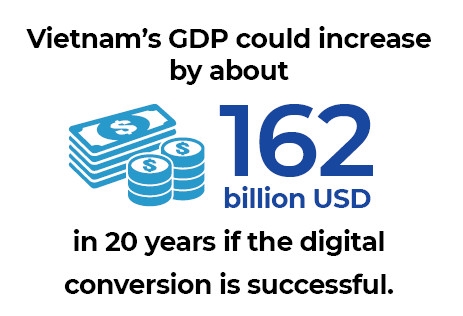 |
A digital economy needs to use its capabilities to improve production efficiency. According to a study by Data 61, an Australian Organization, Vietnam's GDP could increase by about $162 billion in 20 years if the digital conversion is successful. In this transformation, enterprises are the central of the digital economy development.
It can be judged that Vietnam's digital economy has been developing spontaneously, but quite quickly. This is because Vietnam has a fairly good telecommunications and information technology infrastructure with a high user density. The government has also experimented Sandbox for a new economic model to promote breakthroughs in startup and fintech.
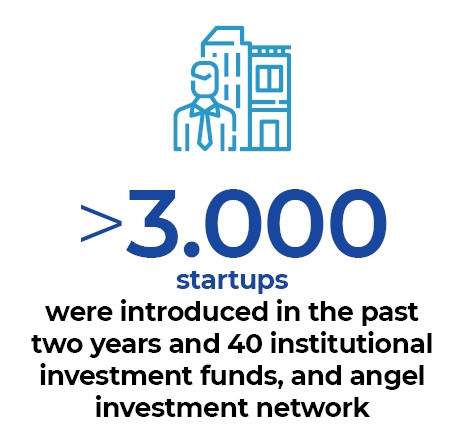 |
With more than 3,000 startups introduced in the past two years and 40 institutional investment funds, and angel investment network, the country could create a strong rebound for the economy.
At Vietnam Development and Reform Forum 2019, Eric Sidgwick, country director for ADB Bank in Vietnam, said the country is quite young with a low rating of 4.9, which is far behind several countries such as Indonesia, India, Thailand, Singapore.
"Good news is that Vietnam is moving towards a group of countries that are ready to adopt the digital economy,” he said.
Recently, Viettel has become Vietnam’s only representative listed among the first 50 network operators in the world successfully deployed 5G technology. A series of Vietnamese social networks such as Lotus, Gapo were introduced to compete with Facebook.
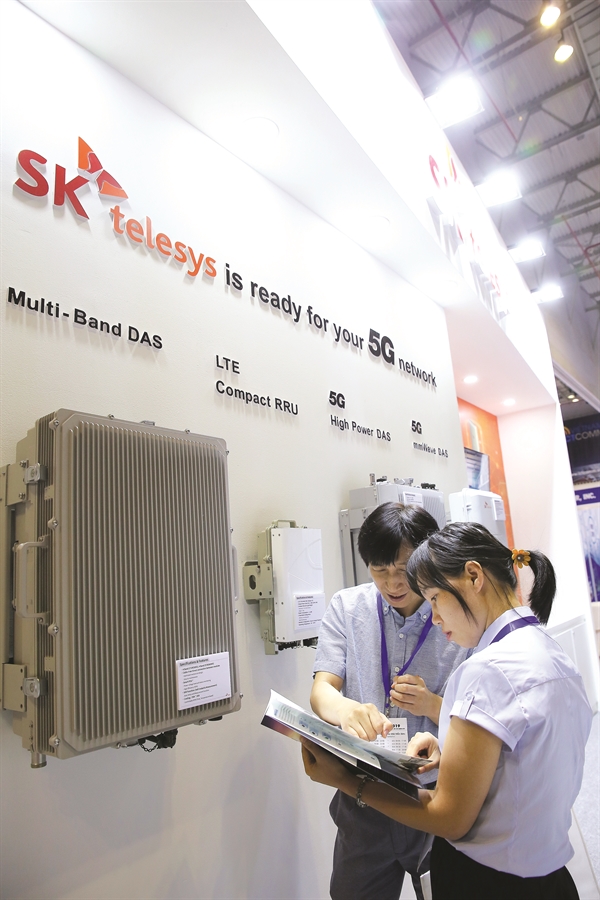 |
| Photo: QH |
Technology has been developing well and applied in several industries, agriculture, services in Vietnam... However, the country's digital economy is facing challenges such as having a limited number of qualified engineers, insufficient data infrastructure and data quality. Low labor discourages enterprises from investing in high technology and automation.
According to Professor Sungchul Chung, readiness for technology application can only be achieved through R&D and learning, which requires large capacity and investment in technology absorption.
In order to have a successful transition to the digital economy, the government needs to encourage participation of private sectors in the policy development and infrastructure construction.
Eric said that in order to improve readiness for the digital economy, Vietnam needs to invest in technology, improve education quality and create favorable conditions for startups. Creating a transparent and peaceful environment is also a need.
Vietnam needs to invest further in technology and technological innovation, paving a shortcut for breakthroughs in economic and social development. More importantly, the country should never let itself left behind in the 4.0 industrial revolution.

 TIẾNG VIỆT
TIẾNG VIỆT _1120686.png)
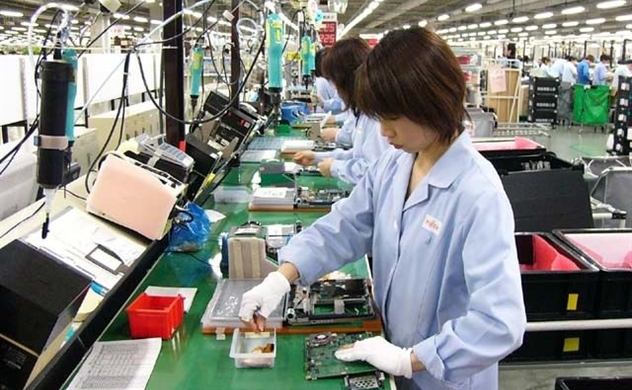
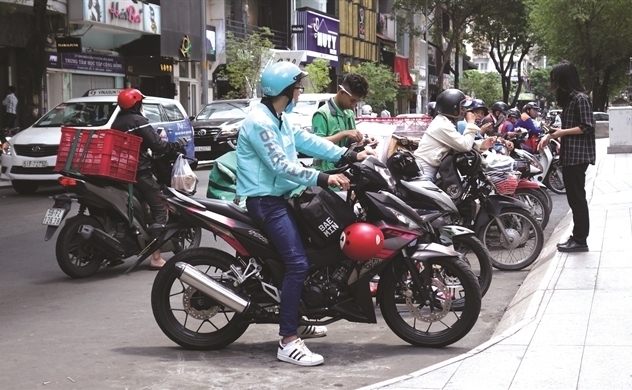

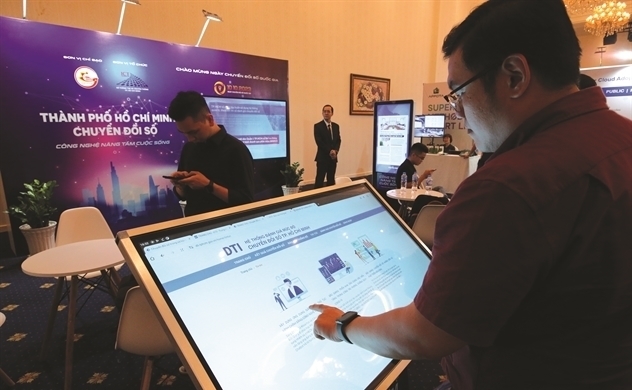
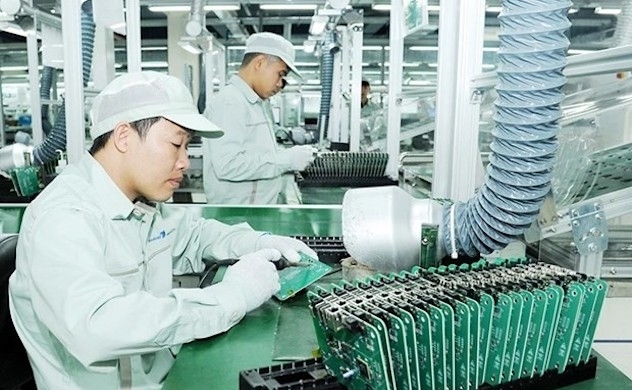
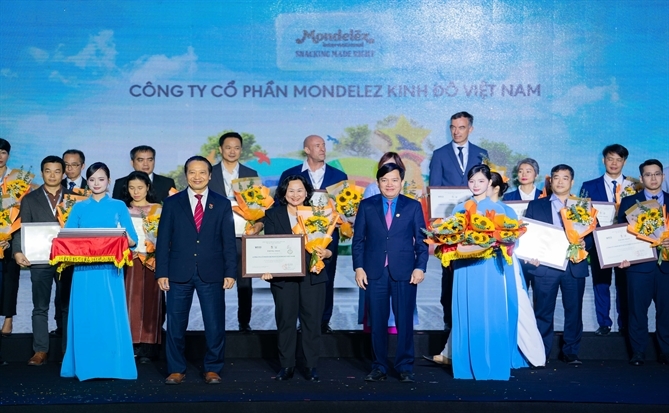
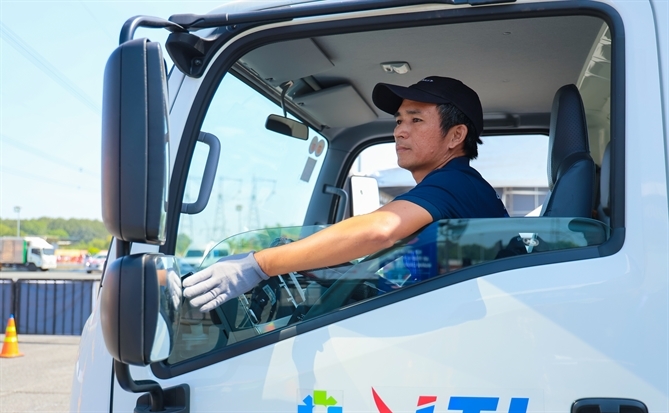
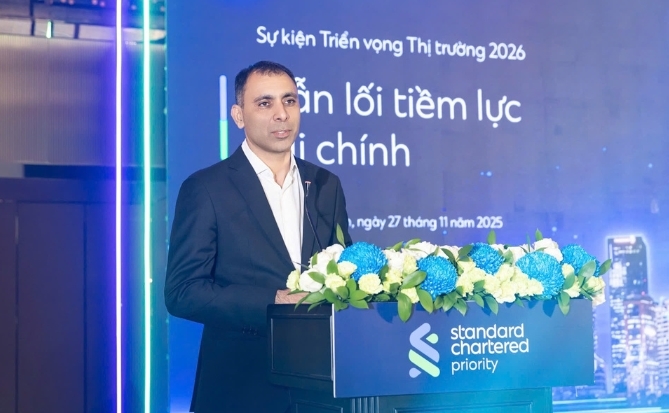


_131447820.png)







